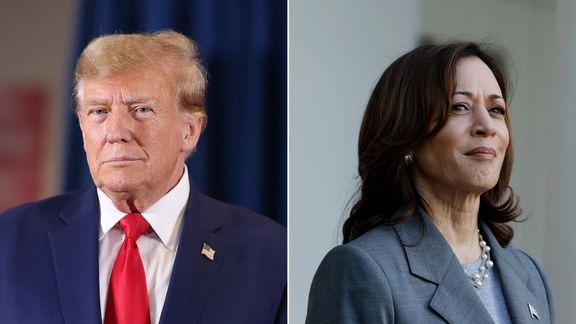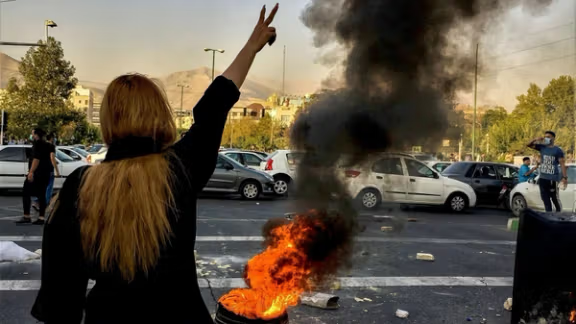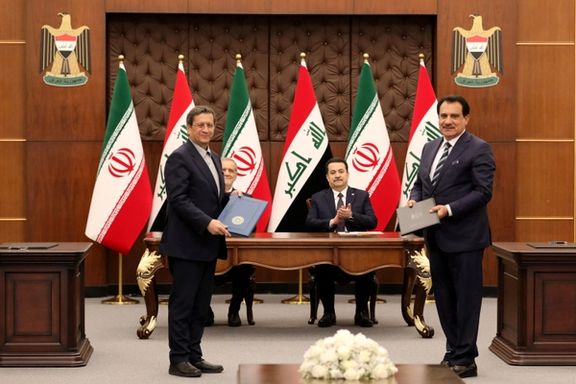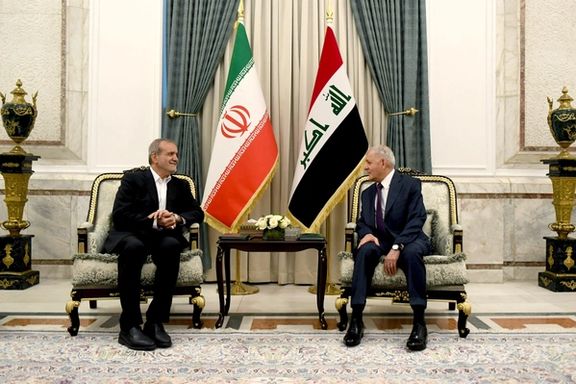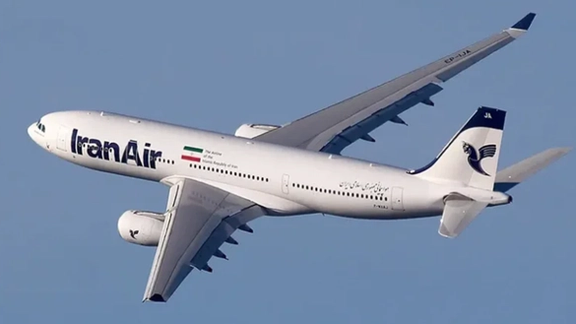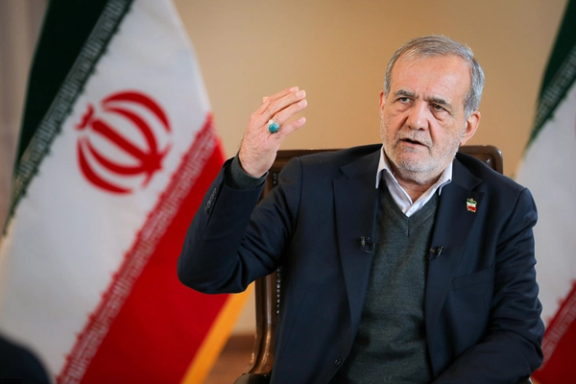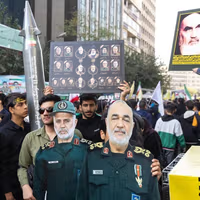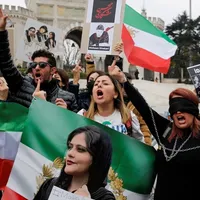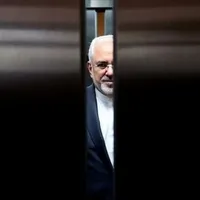The report from Amnesty International says “people in Iran continue to endure the devastating consequences of the authorities’ brutal crackdown on the Woman Life Freedom uprising amid systematic impunity for crimes under international law.”
This is in spite of the likes of the EU, US and UK imposing yet further sanctions on Iran for its rights abuses, alongside those in place for its nuclear program and and support for Russia’s war on Ukraine.
The statement comes on the eve of the two year anniversary of the uprising sparked by the death in morality police custody of Mahsa Amini, arrested for not wearing her Islamic head covering correctly.
It since sparked nationwide protests and the government has imposed even tougher measures against hijab rebellion in addition to a wave of executions.
“No effective, impartial and independent criminal investigations have taken place into the serious human rights violations and crimes under international law by Iranian authorities during and in the aftermath of the nationwide protests of September-December 2022, including security forces’ extensive and unlawful use of force and firearms,” Amnesty said, over 550 civilians killed during the protests by Iran’s security forces.
“Security forces fired assault rifles, shot guns loaded with metal pellets and
teargas canisters, and severely beat protesters with batons, resulting in the unlawful killing of hundreds of protesters and bystanders, including scores of children, and life-changing injuries to many more,” its investigation concluded.
In addition, Amnesty highlighted the crackdown on families of protesters as the authorities have sought to silence relatives seeking truth and justice for the unlawful killings of their loved ones through “arbitrary detention, unjust prosecution, death threats and other relentless harassment”.
Women and girls continue to be violently arrested by morality police, which has seen deaths including 16-year-old Armita Geravand.
“Two years on, the authorities have also further escalated their assault on human
rights, waging a “war on women and girls” through an increasingly violent crackdown on those defying draconian discriminatory compulsory veiling laws and have intensified their use of the death penalty to silence dissent,” the report said.
Amnesty spoke of the Noor Plan launched in April to target mass hijab rebellion. It has seen “a visible increase of security patrols on foot, motorbikes, car and police vans in public spaces to enforce compulsory veiling” by Iran’s security apparatus.
It has also led to “dangerous car chases to stop women drivers on the road, mass confiscation of their vehicles, imprisonment, as well as flogging and other penalties amounting to torture and other cruel, inhuman or degrading treatment or punishment,” Amnesty noted.
Last month, a video circulated on social media showed multiple agents violently assaulting two 14-year-old girls who had removed their headscarves.
Executions have soared. Last year, it was revealed that Iran executed over 850 people as it cracked down on dissent, with hundreds more killed this year as the authorities “resorted to use of the death penalty as a tool of oppression to terrorize the public”, the report added.
It noted the disproportionate number of executions of Baluchis as the ethnic minority is particularly targeted by the government.
In addition to those killed for protesting, over a dozen people remain at risk of execution or being sentenced to death in connection with the protests.
“Over the past two years, the authorities have continued to deny that officials
subjected those detained during the protests to torture and other ill-treatment,
including rape and other forms of sexual violence,” Amnesty’s report said, including children as young as 12.
In March 2024, the High Council for Human Rights of the Islamic Republic of Iran,
which is not an independent body and sits within the judiciary, responded to Amnesty International’s investigation stating that Iran’s judiciary had investigated complaints and “found that in 28 out of 31 provinces, no complaints were filed under the headings of rape, assault and sexual harassment” as the government continues to deny the gravity of the situation.
In April, the UN Human Rights Council extended the mandate of the UN Fact-Finding Mission on Iran (FFMI) “but Iranian authorities persist in refusing to cooperate with the independent body and deny its members access to the country,” Amnesty wrote.
It had similarly put up obstacles to the UN’s nuclear inspectors as the veil of secrecy continues to shroud Iran, making justice for the country’s people ever more elusive.
